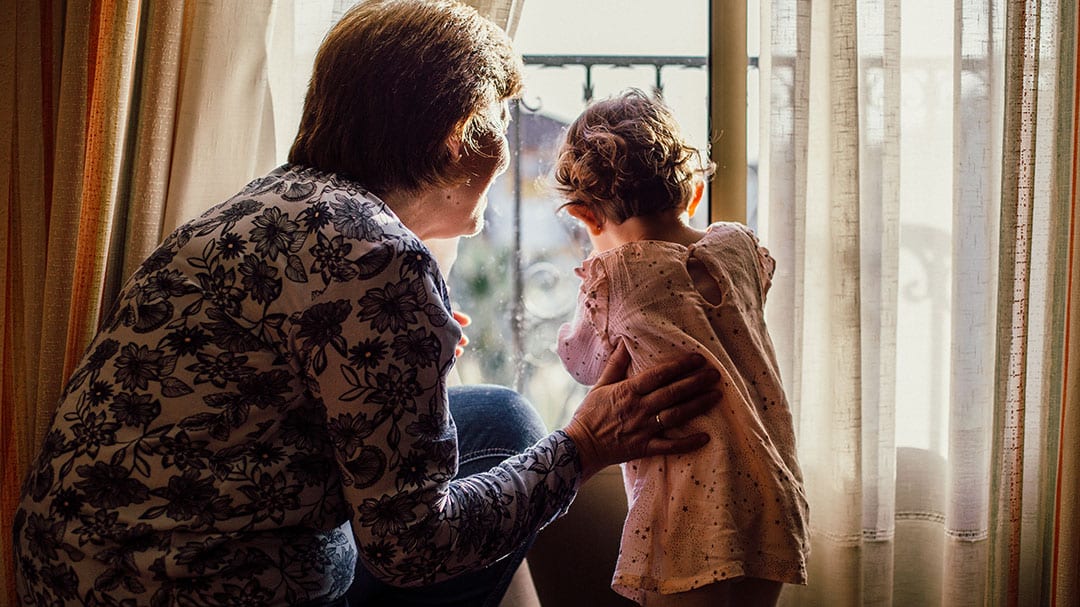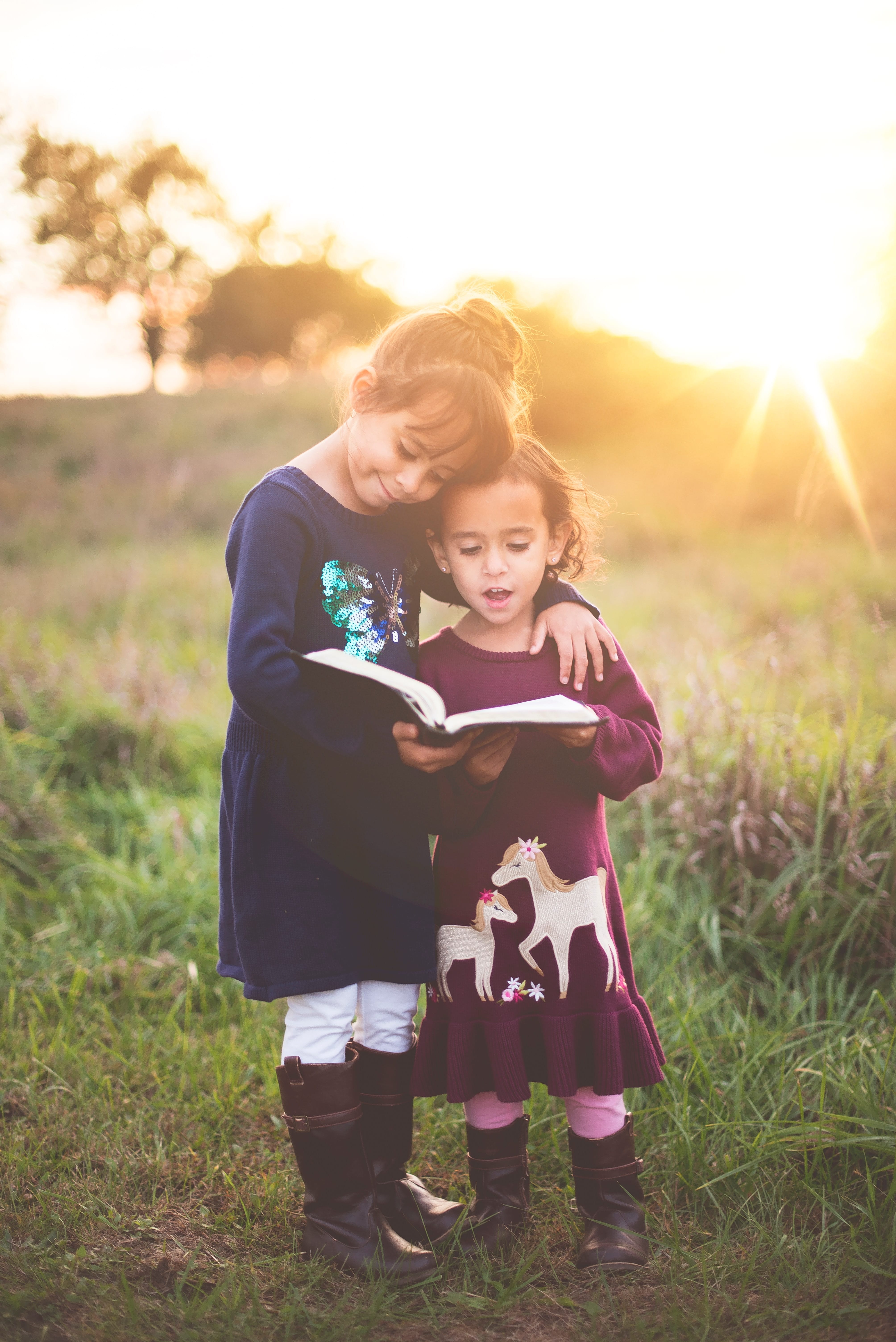
What if something should happen to me?
An Oregon grandmother thinks through what you can do now–just in case.
Young parents rarely think about their own health and mortality. However, as grandparents parenting grandchildren, we find that these issues are never far from our thoughts. We are not being morbid here, just facing the facts and trying to plan ahead. What can I do now that will make things easier for others if I should become seriously ill, or die?
As uncomfortable as these thoughts may be, I believe it is helpful to imagine what may happen. The first days will be painful and chaotic for everyone; it doesn’t matter how well the kids and their new caregivers know each other. While grieving another loss, the young ones will have to adjust to a new home, possibly new friends, new rules, and living with a different family. The caregiving adults will be trying to manage her or his career, other family members’ insecurities and feelings, their own grief, and probably anger with the addict and/or God. Anything you can do to ease the transition by writing down vital information, as well as some critical “heart” stuff, is a labor of love from you to them.
Joan Callander Dingle is an Oregon mom, grandmother and great grandmother who adopted her now-grown grandson when he was 3 years old. She has been training and speaking with relative caregives, and those who support them, for over twenty years on a local and national level. This article is adapted from her book, “Raising Children of Alcoholics & Drug Users.”
Key Takeaway: By gathering and updating important information now, you can help care for your grandchildren if anything should happen to you.
Here are 3 things you can prepare now:
1. A critical information folder.
In the first few days after the bad news, there are things the new caregivers will want to know immediately.
Let’s start with those special things you know about the children.
Describe, video record or attach pictures of special toys, blankets, clothes that provide comfort to young ones. Mention television shows or regular activities that could cause a meltdown if they are missed. Routines can provide sense of continuity and stability.
Disclose the childrens’ favorite and hated foods, allergy information and any special circumstances. Two examples: I promised my grandson he would never have to eat tomatoes, as his dislike for them dated back to four-hour beating he endured when his birth parents tried to force him to finish a meal. Also, I have a niece who is allergic to peanuts.
Share critical parenting insights you learned, such as: “Always use a calm voice and never make sudden moves or Lola flashes back to the abuse from her mom’s ‘boyfriends,’ and she will cower and hide.”
The childrens’ outside world – a checklist
- The names and contact information for schools, teachers, carpool drivers, and kids’ best friends, doctors, dentists, and counselors.
- Mention where to find your calendar for scheduled doctor and dental appointments, music/lessons, youth/school activities and so on.
- If your grandchild faces special circumstances, such as bullying, write about it with dates and places, and name names.
- If there are other adults or peers to whom the kids are especially close, again name names.
- If medications are needed, then note their location, the dosage, the time of day given, the prescribing provider, and reason it is being taken. With some meds even a brief lapse is critical and if this is so include instructions for what to do in case of missed dosage.
- Include caseworker’s contact information and all government programs providing benefits such as SNAP (food stamps), Medicaid, or Supplement Security Income (SSI).
- Record policy numbers for medical and life insurance, your agent’s name and phone number.
- Tell them now where the information is stored, and give them the password if it’s on your computer, iPad or smart phone.

Be sure others know where this information is stored. Give them the password if it’s on your computer, iPad or smart phone.
2. An important, but not critical folder.
Over the next few weeks, as things calm down, the new caregivers will be making longer term plans. Be sure they have access to important background information.
- Keep a file with a brief chronological sequence of events and legal rulings related to the children.
- Describe visitation arrangements and whether they are court-ordered, or voluntary.
- Include copies of restraining orders, wills, passports, birth certificates and adoption papers.
- Create a family genealogy and attach medical information for the birth family, as well as your family. Biological medical histories can be crucial, depending on what happens in the kids’ lives.
3. Priceless, invaluable Heart messages
You are your grandchildren’s grandparents forever no matter what happens. You will always have a place in their hearts. You can leave them treasures. Some ideas:
Make a life book with the “heart memory stuff” similar to what you see in baby books. Things such as when the child took their first steps, their first words, favorite movies at various ages. A simple approach is to start with a blank page journal. A spiral binder is best if you want to glue in pictures or mementos. Crafters will know that the scrapbooking potential is limited only by your imagination.
Keep a Video Diary to preserve sights and sounds. Simple “kitchen sink” videos can memorialize the ordinary and mundane. The grandkids would love to help you edit them!
Gather baby and toddler pictures of the children. Include photos of the parents. Be sure to label the pictures with the who, when and where.
Write a love letter of your own thoughts, feelings and dreams for them. They treasure it forever.
It might mean a trip to a crafts or art store, but browsing the scrapbook section could spark your creativity.
“What will happen to the kids?”
Non-legal advice: Keep in mind that the best placements for children are not always the first people who come to mind. Family members may be a perfect fit, or for a myriad of reasons, not. If a son, daughter, spouse or their children aren’t on board, it won’t work. Single adult family members may have a job, personality or life style that isn’t conducive to parenting.
Obviously, whomever you think would be a good match needs to be consulted; they may say “yes” or “no,” and their rationale may confirm your decision, or send you in a different direction. Listen and stay open. If a son, daughter, or other close relative is not your first or second choice, explain to them why you are thinking of an alternative. If you don’t talk now, you’ll never have a chance to clarify your rationale, and they’ll never have a chance to challenge your assumptions, expand your thoughts, or agree with you.
Talking is important, but it doesn’t mean a thing if you don’t do the legal paperwork. It will be pretty hard for family members to take a verbal promise to the bank, or to convince a judge that, “Mom wanted me to raise Jeremiah.” If your grandchildren end up back with the birth parent, or in foster homes, or with someone other than who you discussed, it will be one more betrayal in their young lives. You become another adult who didn’t keep their promise, another person they loved who abandoned them.
So please don’t procrastinate!
Get your affairs in order, and then move on to the fun things ahead.
